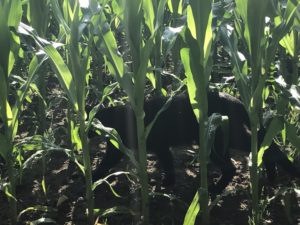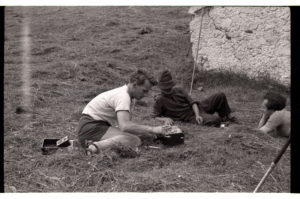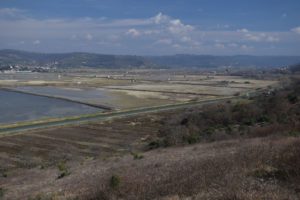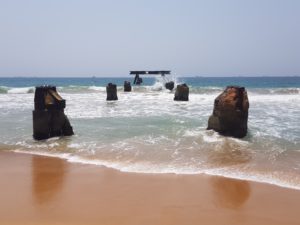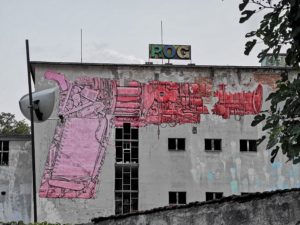
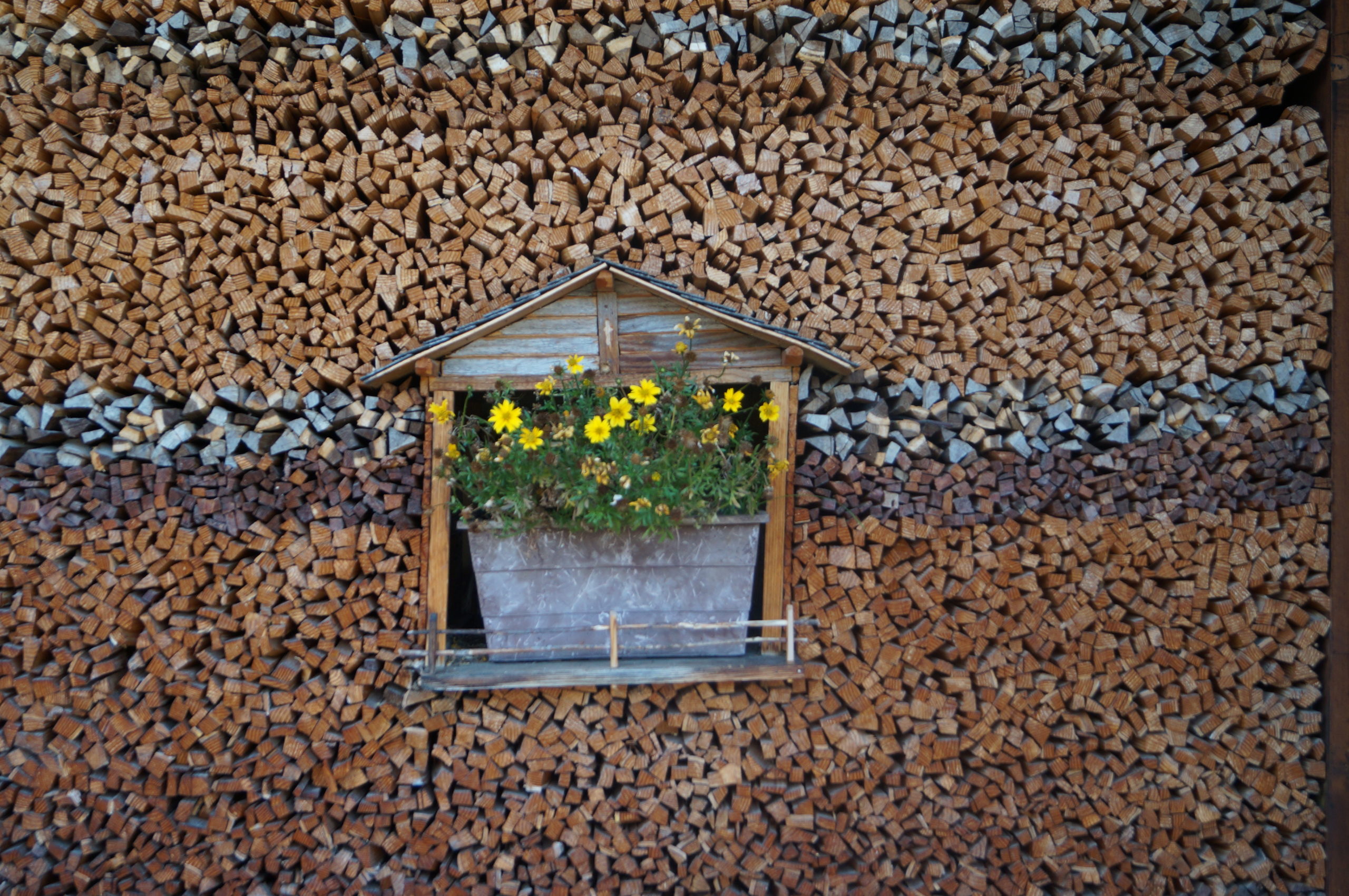
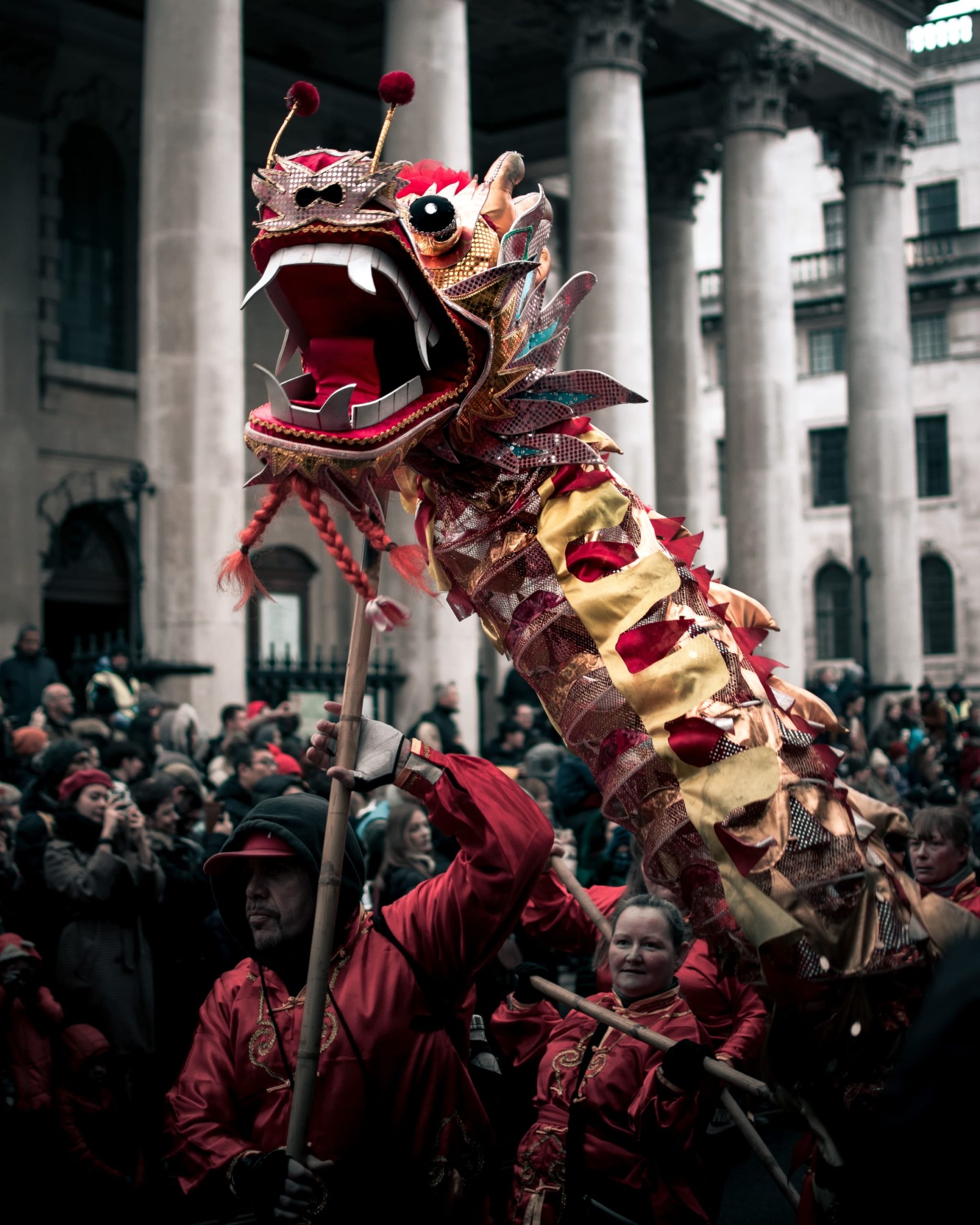
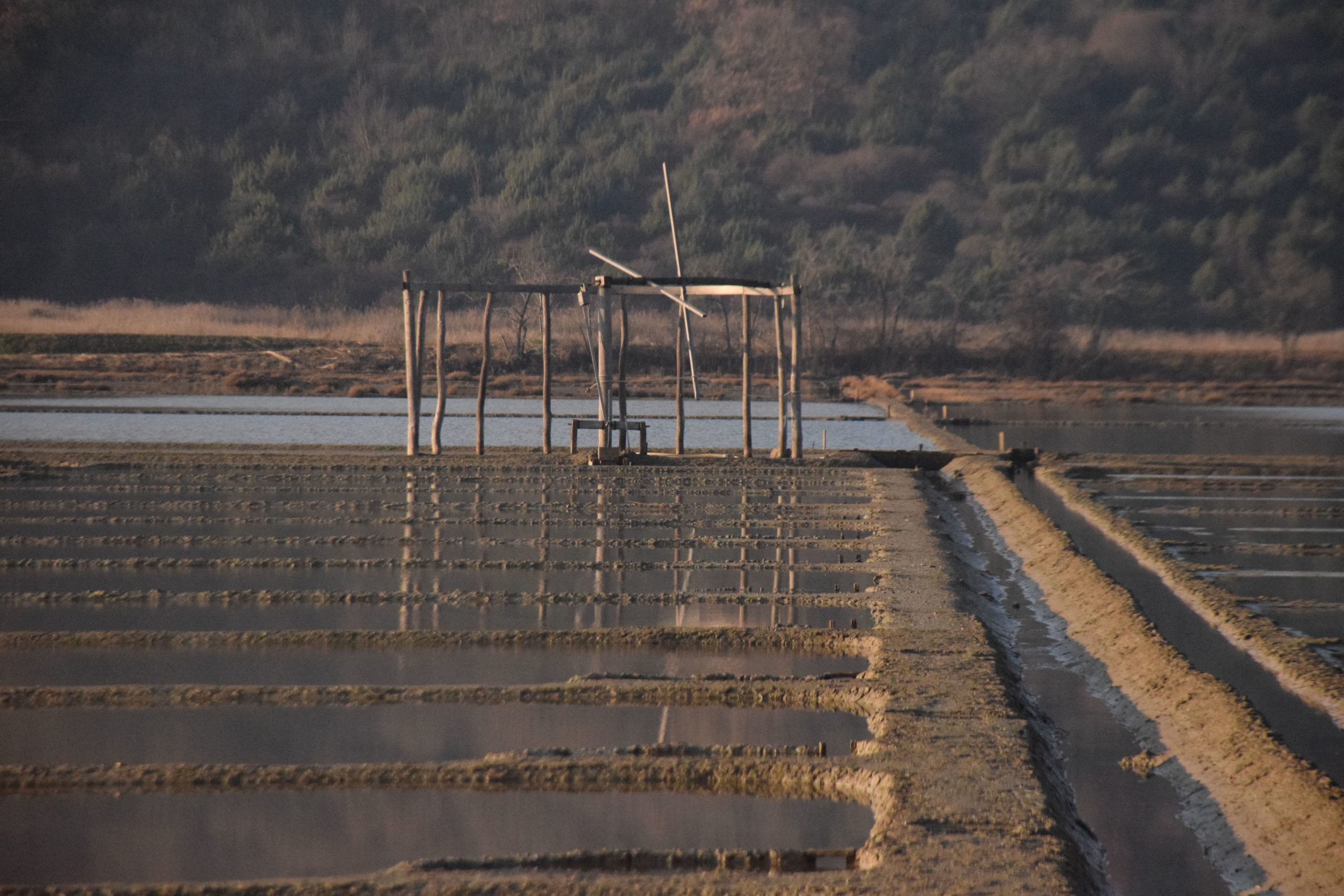
What is Heriscope?
Heriscope is the online bulletin of the Heritage on the Margins multidisciplinary research group, which offers a view of heritage beyond the obvious, around corners and over obstacles. It brings reflections and materials about heritage and heritage-making, that is to say, the processes and practices of selecting and evaluating the past to calibrate the present and future. The focus of observation is on heritage formation and the performative influence of heritage on the margins – in minority, remote, linguistic, migrant, occupational and otherwise marginalized settings, and we are interested in the circumstances and conditions that encourage and enable something to be recognized as heritage. In addition to observing such heritage as is recognised by authorized heritage institutions, we also aim to enquire into heritage diglossia and the possibilities of undisciplined heritage. In doing so, the view is not directed at the question of what heritage is, but rather, at what heritage does. This kind of dissemination of heritage processes has no objective, only direction – the drawing of maps and highlighting the extent of labyrinthine heritage.
more about usInterested in our articles ?
Sign up for our online newsletter and stay informed about new posts





